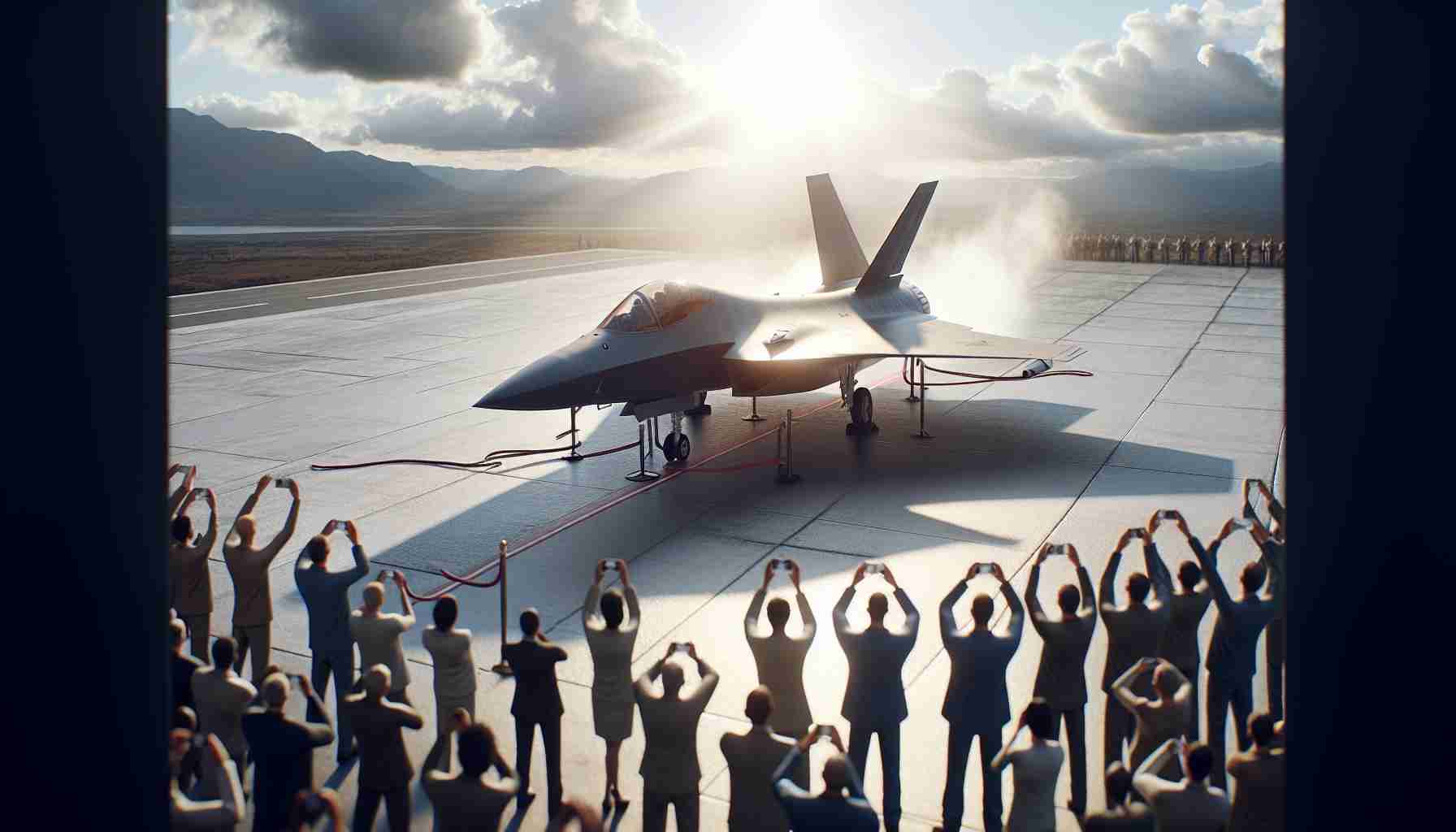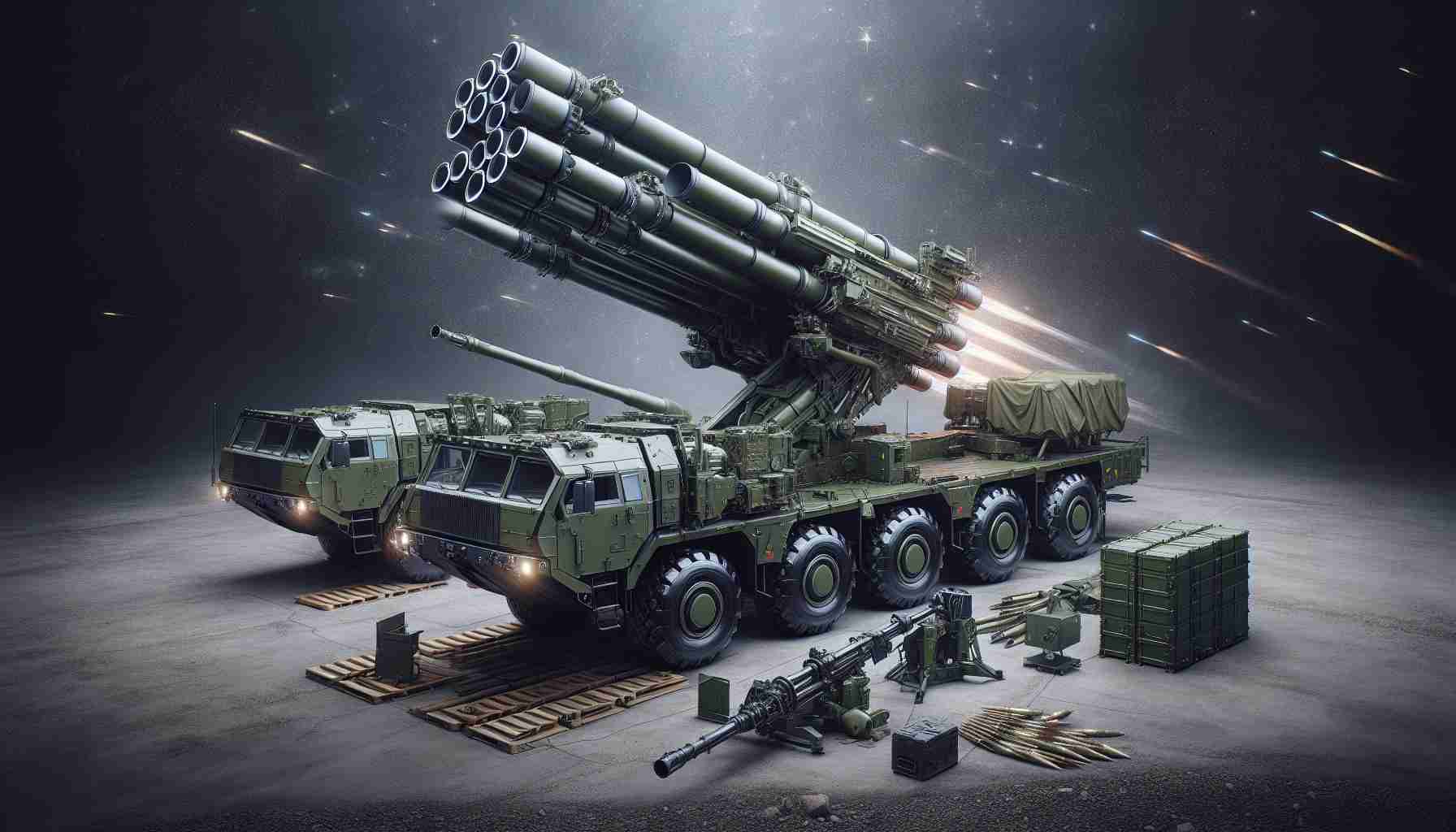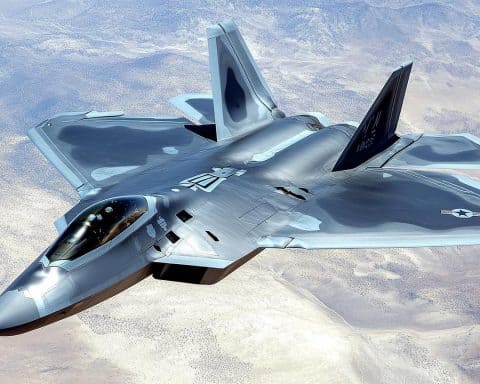Turkey Eyes Diverse Fighter Fleet with Strategic Acquisitions
Turkey is charting an ambitious course for its air force, seeking to equip it with a mix of four advanced fighter jet types. This bold plan includes the USA-made F-35s and Turkey’s indigenous stealth jet, the TF Kaan, setting the stage for an impressive modernisation of its aerial capabilities.
In remarks to lawmakers, Defence Minister Yasar Guler suggested that the U.S. might lift its embargo on F-35 sales to Turkey, a move initially prompted by Turkey’s acquisition of Russian S-400 defence systems. Guler implied that American attitudes have shifted after realising Turkey’s capacity to produce its own advanced jets.
Turkey’s original hope of acquiring 100 F-35s was dashed in 2019, leading to a possible revised request for 40. This comes as Turkey also prepares to bolster its air force with 40 F-16 Block 70 fighters, significantly reducing its initial investment from $23 billion to approximately $7 billion by opting for domestic upgrades instead.
While Turkey emphasises its local Ozgur upgrade programme for existing F-16s, it’s also eyeing Eurofighter Typhoons to balance Greece’s procurement of French Rafale jets. Germany, a key player in Eurofighter sales, is currently evaluating this potential deal.
Turkey’s initiative reflects a strategic pivot: diversifying its arsenal by integrating Western technology with indigenous development. The country plans to power its first TF Kaan fighters with General Electric F110 engines, a step toward a wholly Turkish-developed engine to elevate the TF Kaan to true fifth-generation status.
This multifaceted approach aims to secure Turkey’s defence future, ensuring reliance on various allies and its technological prowess.
Is Turkey’s Fighter Jet Ambition a Game-Changer for Global Military Tech?
Turkey is embarking on a significant journey to transform its air force with a dynamic mix of four advanced fighter jet types. This ambitious move, centred around acquiring USA-made F-35s, Turkey’s indigenous stealth jet TF Kaan, and other aircraft, could have far-reaching implications for global military technology and the geopolitical landscape.
Diversification: A Strategic Masterstroke?
The heart of Turkey’s strategy lies in diversification. By integrating Western-made jets with its own indigenous technology, Turkey aims to mitigate risks associated with over-reliance on any single foreign supplier. This approach is not merely about defence procurement; it’s setting the stage for technological prowess on a global scale. The potential lifting of the F-35 embargo by the U.S., if realised, would symbolise a significant thaw in relations and open avenues for collaboration and technological exchange between the two nations.
Technological Symbiosis: East Meets West
Combining American stealth technology with homegrown innovations could position Turkey as a formidable player in the aerospace industry. The indigenous TF Kaan, while initially powered by General Electric engines, is projected to eventually feature a fully Turkish-developed engine. This effort underscores Turkey’s commitment to achieving self-reliance in cutting-edge technologies, which may inspire other nations to pursue similar paths of technological autonomy.
Interesting Facts and Controversies
One of the intriguing aspects of Turkey’s plan is the attempt to balance regional power dynamics, particularly with neighbouring Greece. As Greece enhances its air capabilities with French Rafale jets, Turkey’s interest in Eurofighter Typhoons can be seen as both a defensive measure and a competitive response. This competition introduces a layer of regional tension but also fosters a technological arms race, pushing innovation forward.
However, this diversification strategy is not without controversy. Critics argue that Turkey’s military build-up could intensify regional arms races and escalate tensions rather than contributing to stability. Is bolstering military arsenals in volatile regions the right step for peace, or does it lead to an inevitable showdown?
Advantages and Disadvantages: Navigating the Complex Landscape
Advantages:
1. Enhanced Self-Reliance: Turkey’s drive towards developing indigenous technology can lead to significant advancements in its aerospace industry and reduce reliance on foreign nations.
2. Geopolitical Leverage: Possessing a diversified and advanced air force bolsters Turkey’s standing in international negotiations and conflicts.
3. Technological Innovation: The fusion of Western and domestic technologies has the potential to create cutting-edge aerial capabilities.
Disadvantages:
1. Escalation Risk: Increased military capabilities may provoke neighbouring countries, potentially leading to an arms race.
2. Economic Impact: High costs associated with developing and integrating multiple sophisticated fighter jets could strain Turkey’s budget and reprioritise economic resources.
3. Dependence Shift: Although diversification is a goal, Turkey still relies on foreign technology and support, rendering true independence a long-term challenge.
What Does This Mean for Humanity and New Technologies?
Turkey’s endeavours could have profound implications for the future of military technology. A successful melding of diverse technologies and manufacturing capabilities may inspire other nations to pursue similar hybrid models in defence sectors. Moreover, the quest for Turkish-engineered engines and systems could accelerate innovation, fostering advancements not just in military applications but also in civilian sectors such as aviation and manufacturing.
In conclusion, while Turkey’s strategy embodies potential and innovation, it raises essential questions about stability, economic priorities, and regional power dynamics. The outcome of Turkey’s ambitious plan remains a significant talking point in international affairs.
For more insights into military technologies and regional geopolitics, visit Defense.gov.







